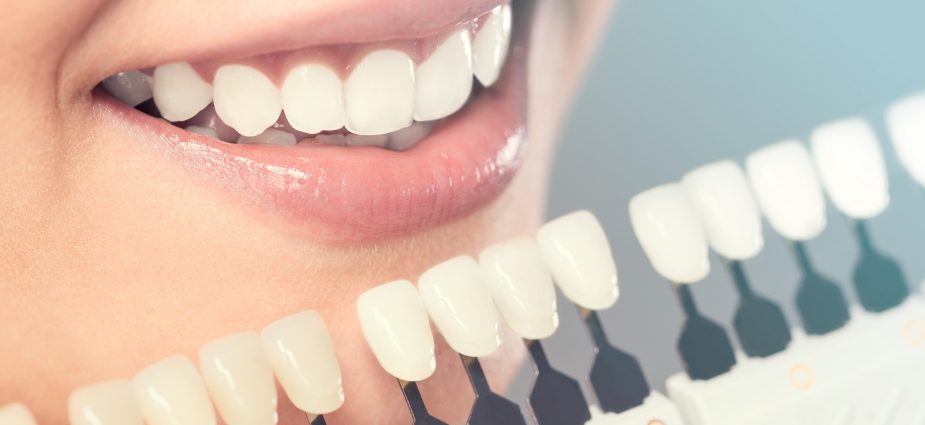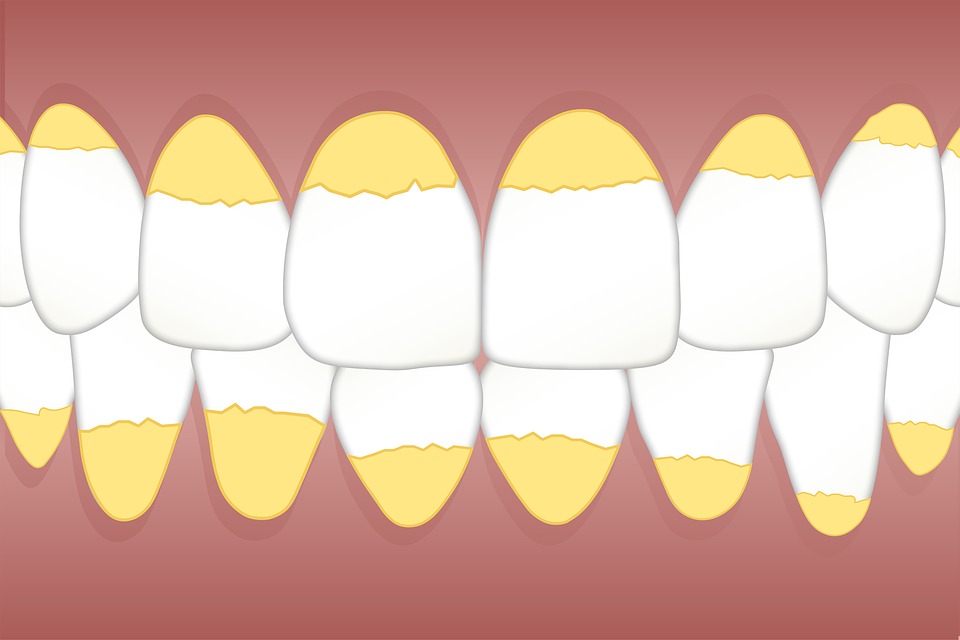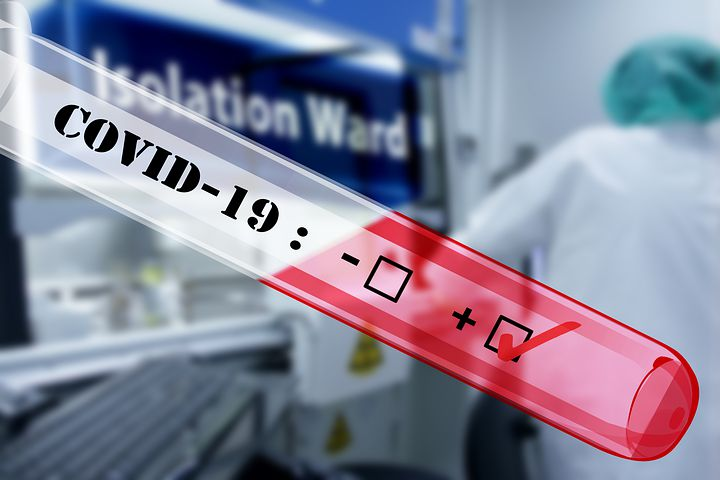Cosmetic dentistry is a level above normal dentistry. A general dentist takes care of your oral health whereas a cosmetic dentist focuses on your smile that eventually leads to improving the appearance of your teeth. Cosmetic dentistry provides higher self-esteem, enhances your visual appearance, and improves the overall quality of your life. Here are a few tips that can help you in finding the best cosmetic dentist in Boston.

Go for Recommendations
The foremost thing to do to find the best Boston cosmetic dentists is to ask your family, friends, and other known ones for recommendations. You may even ask your current dentist who may recommend a more specialized one if they don’t have specific tools for your treatment. It helps you a lot.
Help from Online Reviews
To find the best cosmetic dentist in Boston, online reviews are a big help as these are genuine and come firsthand from the direct clients, patients, and/or visitors. This ensures that you get professional services from the best dentist in Boston. Moreover, you can also post your feedback on their website so that it helps other people as well.
Prepare a List of your Requirements
There are various issues related to teeth so just make a list of the changes you want to make in your smile, and then go to the cosmetic dentist who is best at it with specialization and equipped devices for your work. You can then present your wish list to the dentist for speedy and better treatment.
Compare ‘Before-and-After’ Photos
‘Before-and-After’ photos are one of the reliable pieces of evidence of the dentist’s efficiency and capability. Dentists showcase their work in pamphlets and on websites. Best cosmetic dentist in Boston would show the best modifications. Be vigilant about the originality and beware of any forged photos, scammers, and plagiarism.
Ask for Testimonials
There are various websites that feature people with their reviews on certain businesses. As it comes directly from the patients, it is yet another most reliable source of getting actual reviews of Boston cosmetic dentists. This will give you the best ideas of the dentists, their services, and their offices and will help you to know whether you shall go to them or not.
Don’t forget to check credentials
Any dentist can be called a cosmetic dentist but to find out the best dentist in Boston, you need to check the accreditation by the AACD (American Academy of Cosmetic Dentistry). It is the world’s largest organization for cosmetic dental professionals and accreditation is granted after completing all the requirements.
Check their educational qualifications
Those dentists who pursue post-graduate training in this field are assumed to possess specialized knowledge and hence, turn to provide you the best services. The dentists who are engaged in various educational programs tend to have more polished skills than their counterparts.

Look at the ‘Years of Experience’
The saying ‘practice makes a man perfect’ goes well in this case too. Look at the time for which the dentists are engaged in this field. This is also a good indication of finding the best dentist in Boston. Educational qualifications and degrees matter a lot but the time period devoted to cosmetic dentistry indicates their practice and polished work.
Conclusion
The aforementioned ones are a few tips to find the best cosmetic dentists in your area and if your search is in Boston, ABS Dentistry is the best dental care center in the city. Apart from being affordable, ABS Dentistry provides a wide range of treatments, including cosmetic dentistry too.















